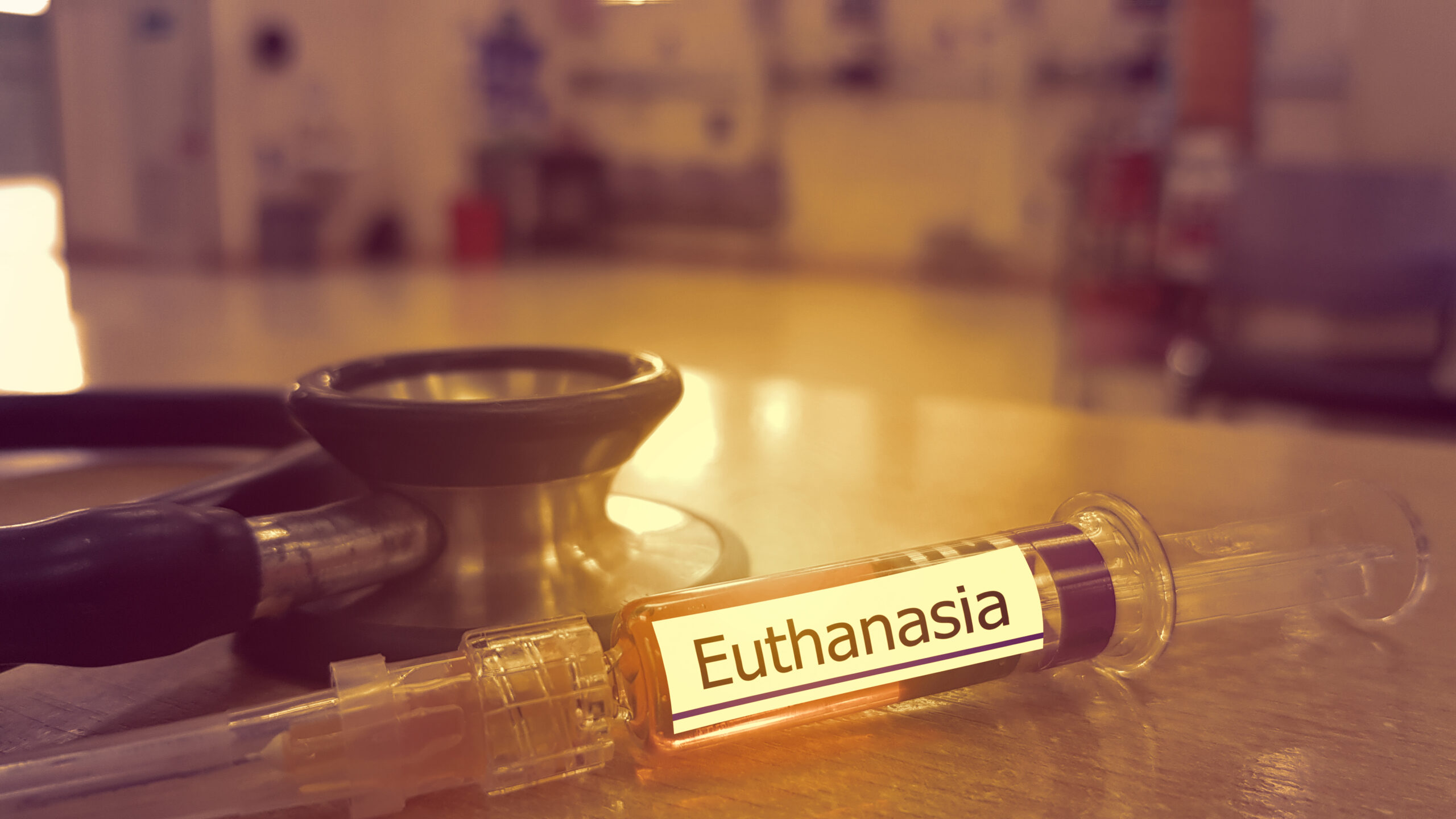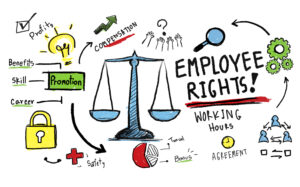Euthanasia and assisted suicide are illegal under the laws of England and Wales, and could be prosecuted as murder or manslaughter. However, the Assisted Dying Bill for England and Wales is moving through the UK parliament and has gone further than any previous legislation on the matter. Recent parliamentary debates and public petitions demonstrate how relevant this conversation is. The Assisted Dying Bill [HL] has been introduced by Baroness Meacher (Crossbench) on 26 May 2021 and would apply to England and Wales only.
Baroness Meacher has outlined her reasons for introducing the bill as follows: “My bill would allow terminally ill, mentally capable adults to have the option of accelerating their deaths with medical assistance. It is based on assisted dying laws that have been in place in the US State of Oregon for almost 25 years. Too many dying people suffer against their wishes at the end of life in this country and our current law fails to protect dying people, who often feel they have no option but to seek help overseas or take matters into their own hands at home. Dozens of our citizens travel every year to Switzerland to make use of its assisted dying laws, at great emotional and financial cost… Assisted dying would not be a substitute for palliative care, but an additional option alongside it; dying people need excellent palliative care and the option of assisted dying if they find their suffering unbearable.
A terminally ill person who wants assisted dying would need to make an application to the High Court by way of a declaration of their voluntary, settled, informed wish to end their own life. The declaration, which can be withdrawn at any time, would need to be: – witnessed by a non-family member, not involved in the person’s care; and – countersigned by a doctor from whom the assisted death had been requested (the “attending doctor”) and a suitably qualified independent doctor. The two doctors would need to affirm that the person: – met the eligibility criteria under the Bill; and – had been informed of the palliative, hospice and other care that was available. Where there was any doubt about the capacity of a person to make the declaration, the opinion of an independent psychiatrist would need to be sought. The High Court would confirm that the declaration was valid and then provide a date on which it would take effect. Provision of assisted dying Following confirmation from the High Court, the Bill would permit the attending doctor to prescribe medication for that person to end their own life. The medication could be delivered to the patient by that doctor, another doctor or a nurse but only after two weeks have passed since the declaration took effect. While the medication must be self-administered, the health professional would be permitted to prepare a medical device or otherwise help the person to self-administer. The health professional would need to remain with the person until they died or until they had decided not to take the medicine, in which case it would be immediately removed and returned to the pharmacy as soon as was practicable…”
Assisted dying laws are being considered by authorities in Scotland, the Isle of Man and Jersey, meaning some UK citizens could have assisted dying rights by 2025. Public opinion polls consistently show voter support for allowing assisted dying for terminally ill people, subject to strict controls.
In August 2021, YouGov conducted a poll on public views of assisted dying in the UK for those with a terminal illness. 73% of those polled supported some form of doctor-assisted death for those with terminal illnesses. 50% supported similar measures for those suffering from a painful but not terminal illness. A separate 2019 poll of over 5,000 adults found that 84% supported some form of assisted dying proposals. This was an increase of two percentage points from the same poll conducted in 2015.




